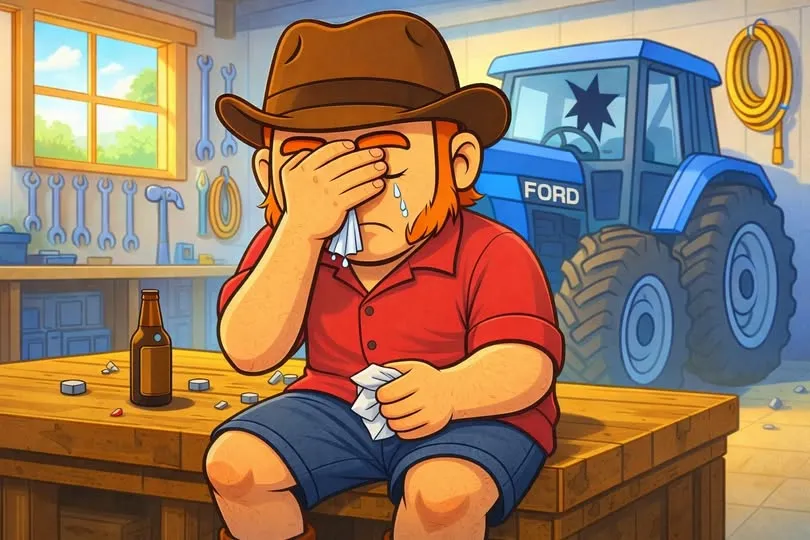Table of Contents
Merriam-Webster's Word of the Day for July 21, 2024 is:
visage • \VIZ-ij\ • noun
Visage is a formal word that refers to someone’s face or facial expression, or to the general appearance of something.
// Manny was surprised to see the smiling visage of his childhood friend, now running for the state senate, beaming down from a billboard.
// Don’t be intimidated by the rugged visage of the mountain; it’s accessible to climbers of all skill levels.
Examples:
“[Keri] Russell was 22 when she was cast in the title role of Felicity. At the beginning of the series, her character was 17 years old, but thanks to Russell’s preternaturally youthful visage (and that glorious head of hair!), she pulled it off believably.” — Jessica Sager, Parade, 7 Jan. 2024
Did you know?
In “Ozymandias,” Percy Bysshe Shelley’s famous poem, a traveller tells of a colossal statue’s “shattered visage” lying half sunk in desert sands, going on to describe its “frown / And wrinkled lip, and sneer of cold command…” Now, Shelley could have simply chosen face over the more highfalutin synonym visage, but not only would face shatter the sonnet’s iambic pentameter, but a formal-sounding word is sometimes preferable to a basic one for all kinds of reasons, including sound, tone, or simply the cut of its jib. Physiognomy, for instance, refers to facial features thought to reveal qualities of temperament or character, as when Emily Brontë writes in Wuthering Heights, “I thought I could detect in his physiognomy a mind owning better qualities than his father ever possessed.” Countenance, meanwhile, is often used to refer to the face as an indication of mood or emotion, as in Bram Stoker’s Dracula: “Mina struggled hard to keep her brave countenance.” As all of these quotes attest, when it comes to wordsmithery, sometimes you’ve just got to vamp.








